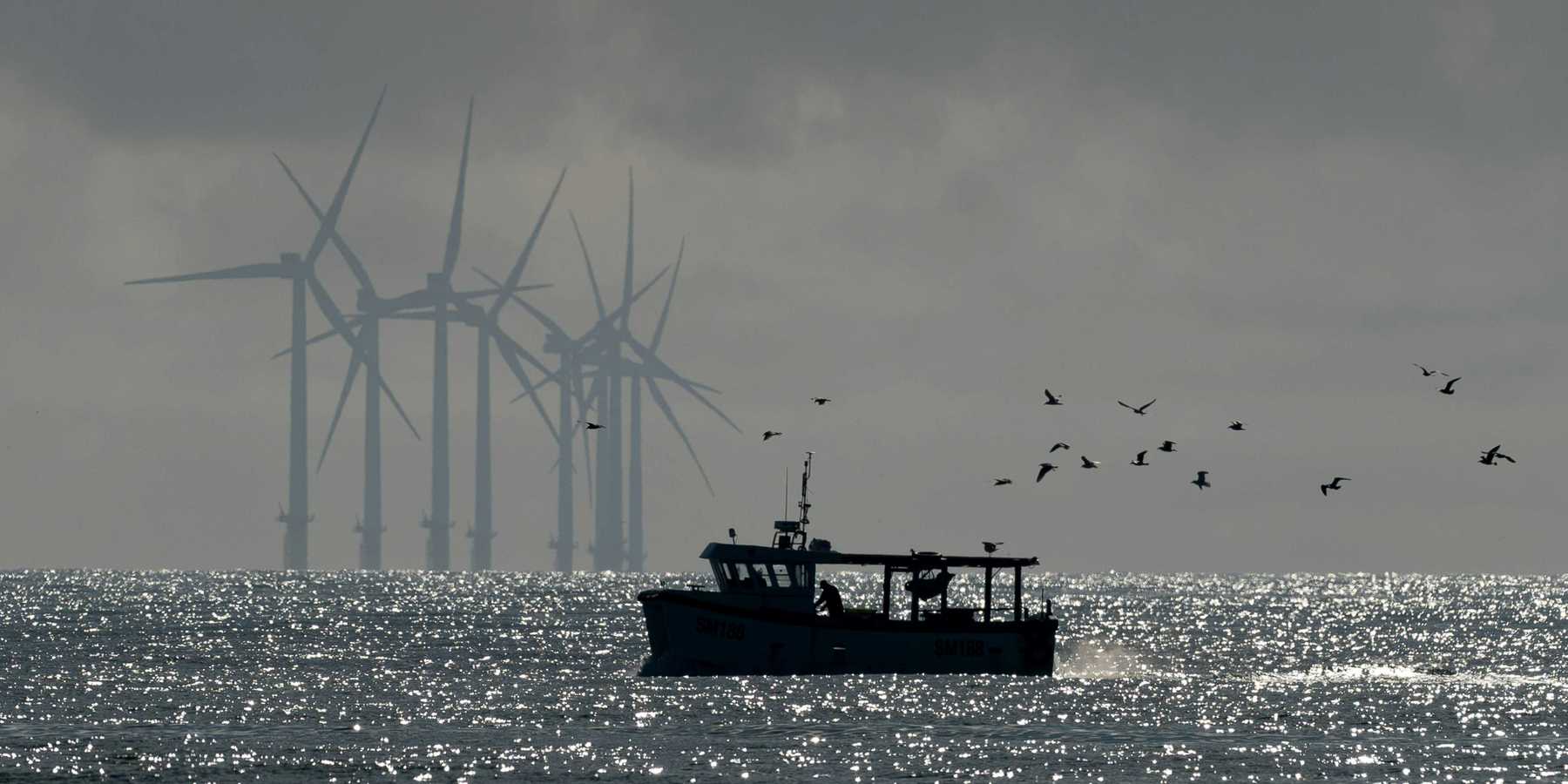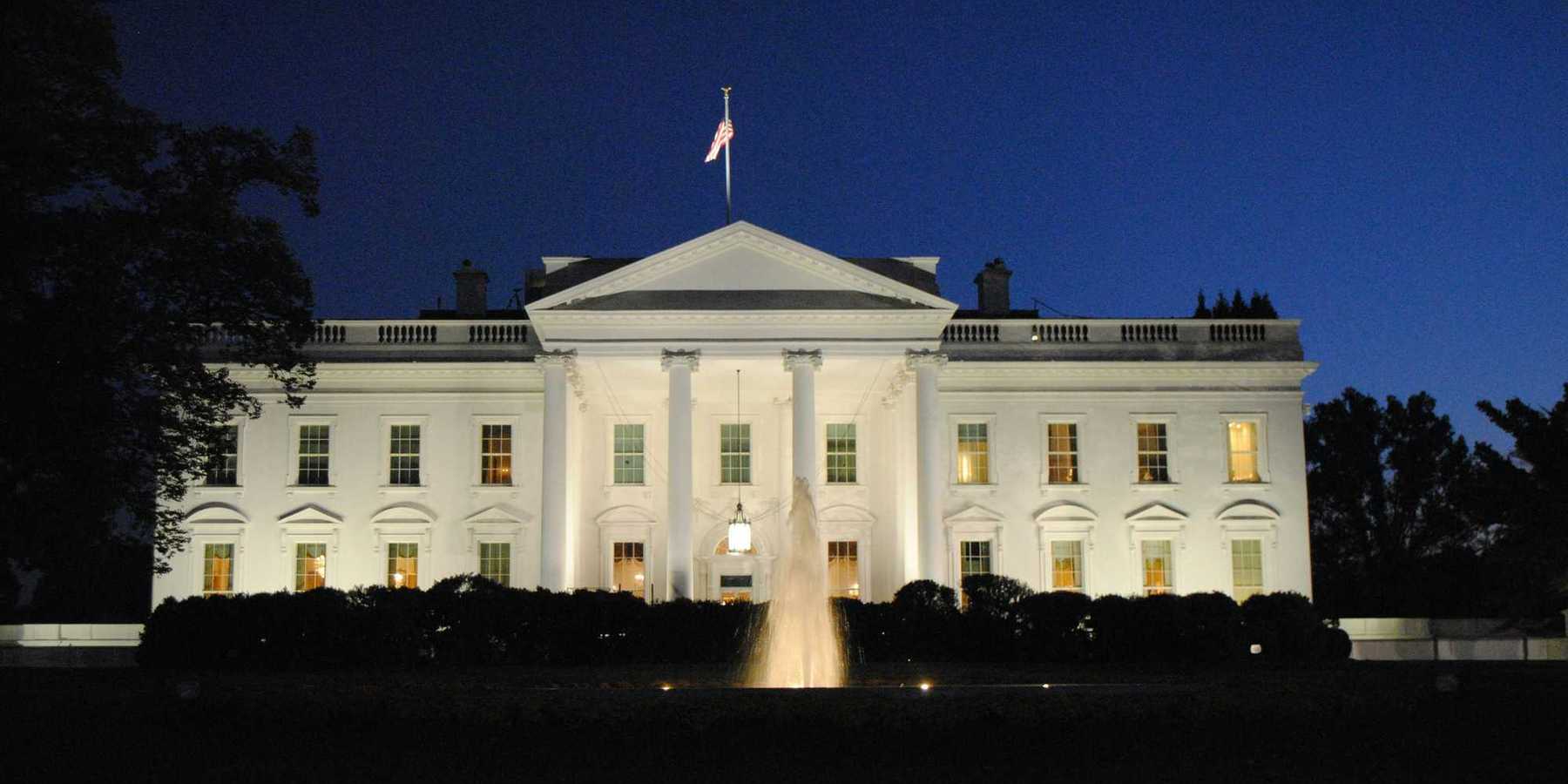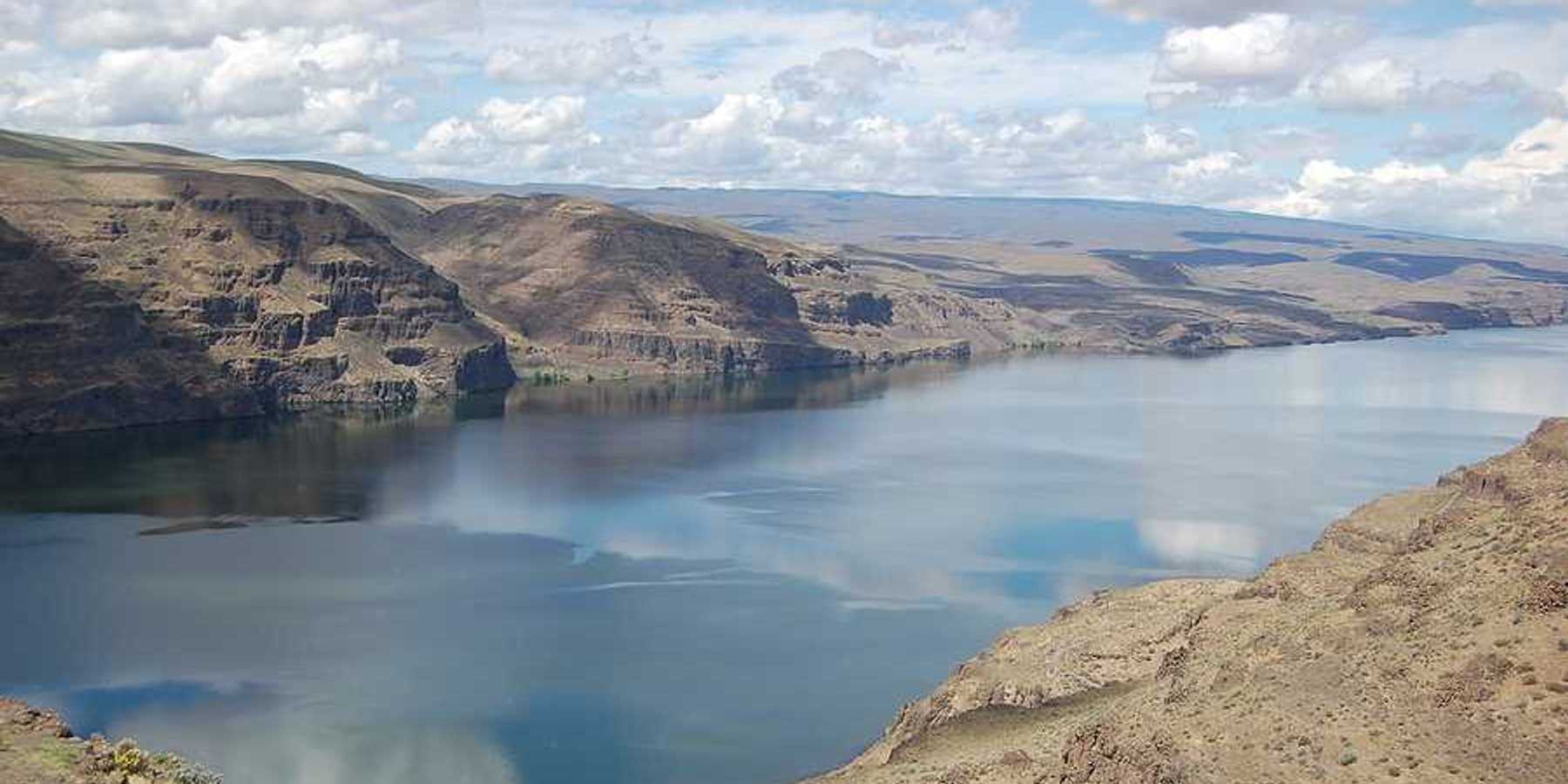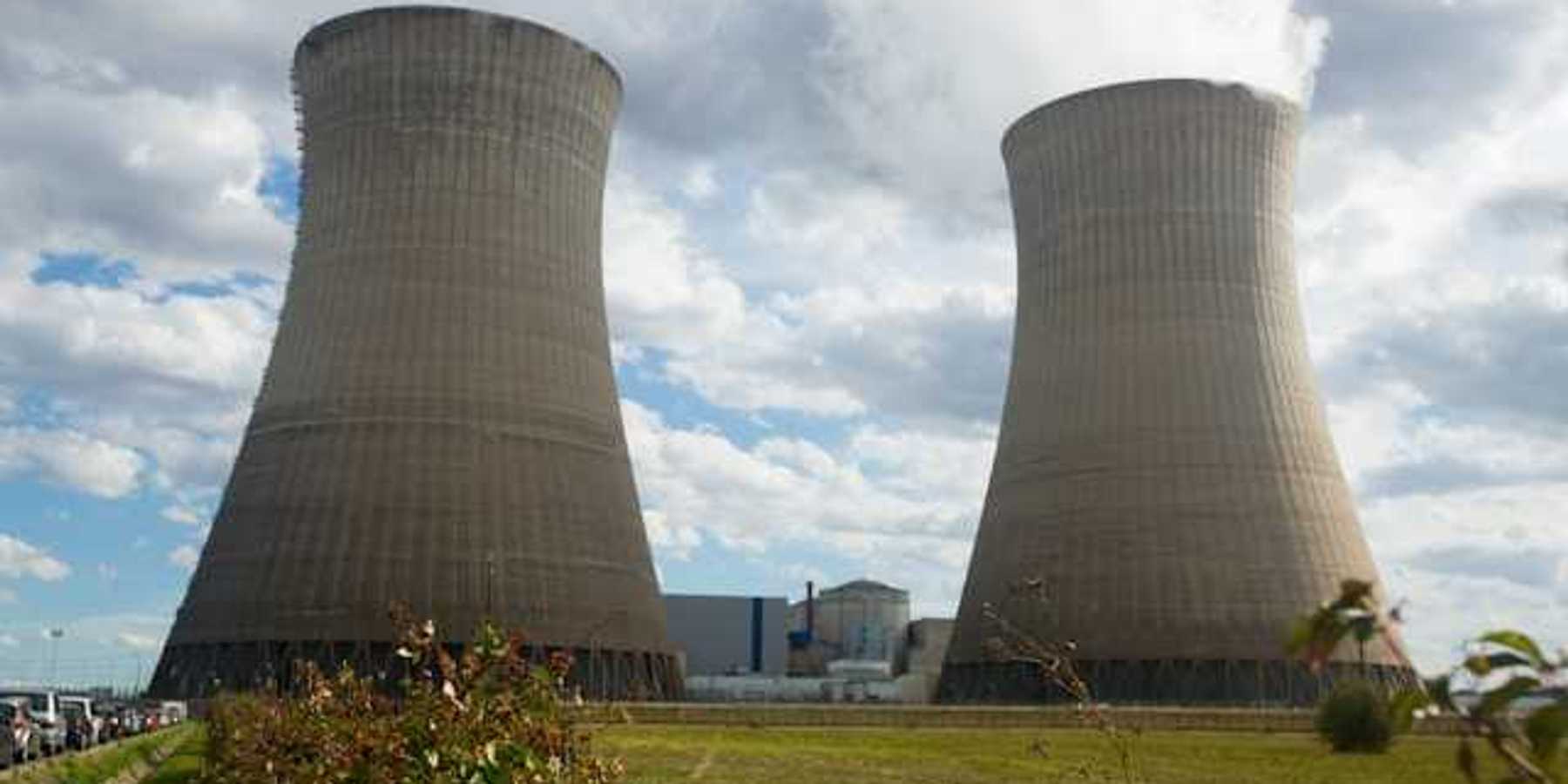21 December 2023
Seattle takes innovative approach to building electrification amid legal challenges
Seattle is leading a wave of cities in electrifying buildings to cut emissions, despite legal obstacles hindering gas bans.
— Akielly Hu reports for Grist.
In short:
- Seattle's new law requires large buildings to go net-zero by 2050, focusing on electric alternatives to gas and oil appliances.
- Legal challenges against gas bans in Berkeley and elsewhere are prompting cities to find alternative strategies.
- Seattle and other cities are adapting through emissions targets, updated building codes, and indoor air quality regulations.
Key quote:
“Momentum was slowed for a bit, but it’s picking back up as cities and local governments lead into the future, away from burning gas in homes. And that is the future. It’s just a matter of how fast it’s going to happen.”
— Jan Hasselman, senior attorney at Earthjustice
More Top News:
Visit Environmental Health News for the latest breaking news on environmental health and climate change.













